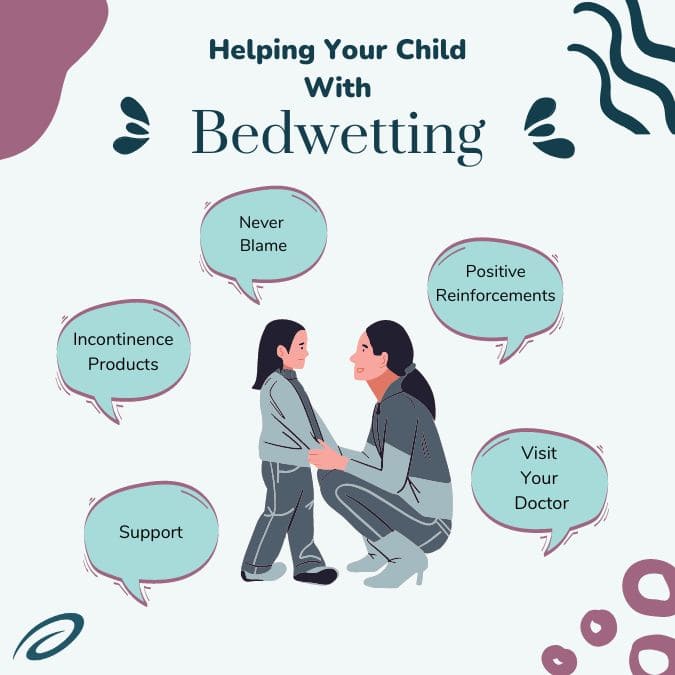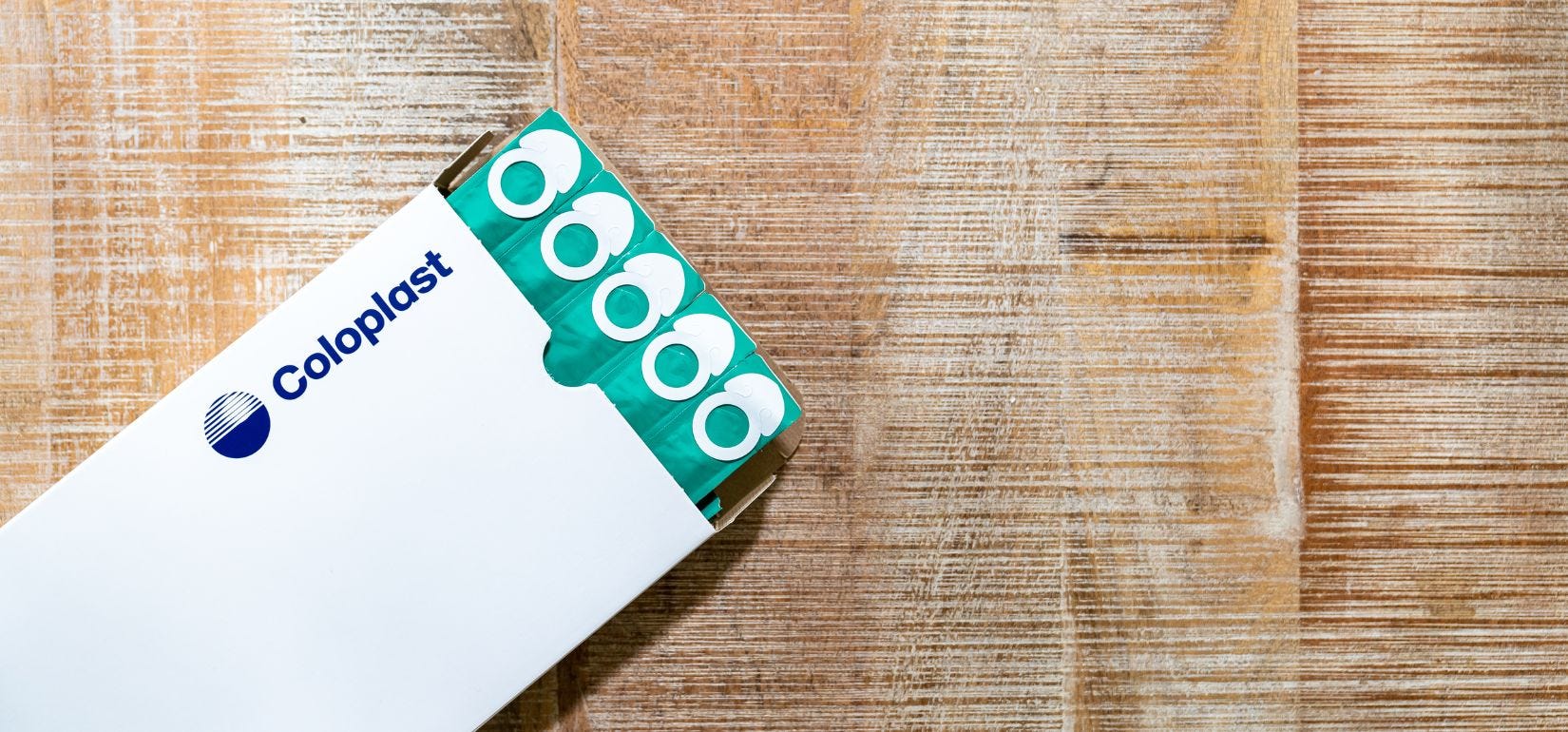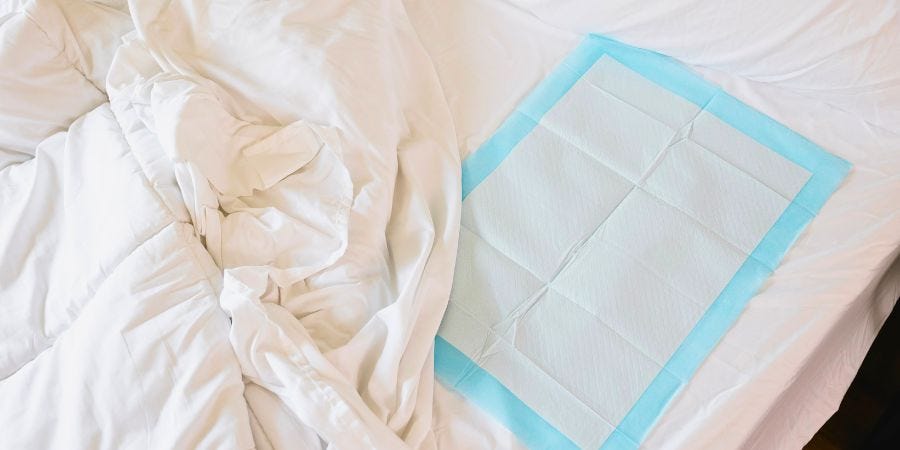There are many signs that can lead to an ADHD diagnosis. Whether it is difficulty concentrating at school, hyperactivity, or mood swings, it may be shocking to discover bedwetting can also be associated with ADHD (attention-deficit hyperactivity disorder).
Although ADHD can affect multiple areas of development, the prevalence of nocturnal enuresis (bedwetting) in children can be very stressful and affect the child's self-esteem.
The Link Between ADHD & Bedwetting
Studies suggest that 20% to 30% of children suffering from nocturnal enuresis and urinary incontinence also have special needs such as ADHD or autism that interfere with the central nervous system and daily functioning.
It is important to visit your child's healthcare provider to rule out other causes of incontinence, such as urinary tract infections (UTIs) and constipation.
Studies show that almost one-fifth of bedwetters also have ADHD. Children with more severe ADHD may experience more wet nights. ADHD is linked to central nervous system delays which can cause children with ADHD to have a delay in detecting their bladder signals as well as having decreased arousal to signals of a full bladder.
Check Your Child's Eligibility
In Under 2 Minutes
Discover the bladder control supplies available to your child through their Medicaid plan.
This can cause children with ADHD to have overactivity in their sphincters, causing poor relaxation when peeing. It's believed that genetics play a role in both bedwetting and ADHD and both can run in families.
Children with ADHD often have more difficulty paying attention to their body cues, such as the need to urinate. Many kids with ADHD also suffer from anxiety which can contribute to bedwetting.
ADHD may also contribute to bedwetting symptoms and present itself in the following ways:
Poor Impulse Control. Children with ADHD often have poor impulse control, causing them to be unable to recognize the need for voiding the bladder. The disruption of sleep may also keep the body from releasing antidiuretic hormones.
Increased Bladder Stress. Being in a constant state of go, go, go along with being active can put a lot of stress on the bladder, leading to accidents and increased incontinence symptoms. Additionally, ADHD medications are often stimulants that may add even more stress on the bladder.
Deep Sleep. Children with ADHD can experience deeper sleep than the average child, making it more difficult for them to awaken during the night if they need to use the bathroom.
These sleep problems can make sleepovers very stressful for a child.
Behavioral Differences. Children with ADHD often have slower rates of development, especially when it comes to developing typical bodily cues and routines. For this reason, they can often feel different from their peers, causing them to experience stress and anxiety which can place more pressure on the bladder.
Caring for a Child With ADHD & Nocturnal Enuresis
Usually, nocturnal enuresis (bedwetting) will go away on its own with time-- around just 1% of older teens continue to wet the bed-- but in the meantime, there are actions you can take to help your child stay dry during the night.
Never Blame Your Child. Bedwetting is not your child's fault. It's due to central nervous system signals and their medical conditions.
Incontinence Products. Incontinence products, such as overnight diapers and underpads (chux), can help absorb urine and keep your child dry throughout the night. The underpads will also protect their bedding and mattress by catching heavier leaks. Your child may be able to get free incontinence products through Aeroflow Urology. Fill out our qualify form to find out if they're eligible.
Positive Reinforcements & Support. Develop a system that positively rewards dry nights. Incentive systems such as placing stars on a calendar for each dry night can help your child monitor their progress and set goals that gradually increase over time. For example, you can set an initial goal for two dry nights in a row and work your way up to a week, two weeks, and eventually a month until they have complete bladder control.
Support. Wetting the bed or having an accident during the day can be stressful and embarrassing for your child. Try not to react with anger or frustration, as it may only add to their stress and cause incidences to increase. It would be best to remind your child that bedwetting is not their fault and that it's very common. Make sure you're being transparent with your child about why they're wetting the bed so they can understand what's happening.
Visit the Doctor. Regularly visit your healthcare provider to monitor your child’s ADHD symptoms and enuresis issues. Through physical exams and other tests, your child’s doctor will be able to rule out more severe conditions that may be contributing to certain risk factors that cause bedwetting and can develop into incontinence.
Get Free Bladder Control Products for Kids
You don’t have to constantly worry about your child’s sheets and mattress if you’re prepared with incontinence supplies.
Incontinence products can be expensive, but you may qualify to receive your products at no cost to you through your insurance. Aeroflow Urology provides items such as diapers, pull-ups, and bed pads (chux) that can make a major difference when it comes to saving furniture or reducing the amount of time spent on clean-up.
Simply fill out our qualify form and our Continence Care Specialists will be in touch with you if you qualify.
Information provided on the Aeroflow Urology blog is not intended as a substitute for medical advice or care from a healthcare professional. Aeroflow recommends consulting your healthcare provider if you are experiencing medical issues relating to incontinence.











